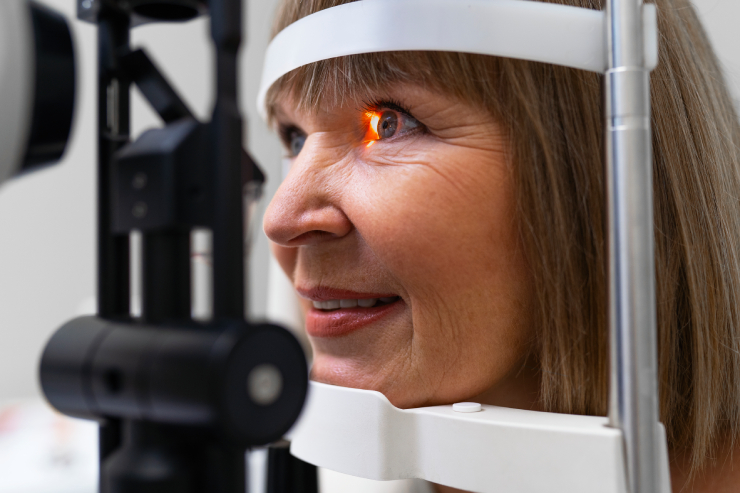
Macular degeneration, also known as age-related macular degeneration (AMD), affects the macula, the central part of the retina responsible for sharp, central vision. This condition can lead to a gradual loss of central vision, which is crucial for activities such as reading, driving, and recognizing faces. Peripheral vision is usually not affected.
Dry Macular Degeneration:
Wet Macular Degeneration:
The symptoms of macular degeneration can vary depending on the type and stage of the condition. Common symptoms include:
The exact cause of macular degeneration is not fully understood, but several risk factors are associated with the condition:
A comprehensive eye examination is necessary to diagnose macular degeneration. Our eye care professionals will perform several tests, including: